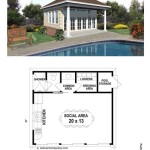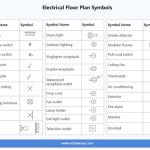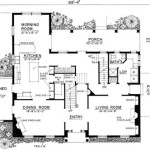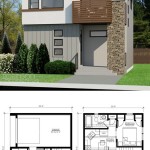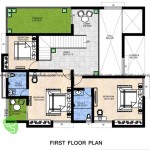House Construction Planning Tips
Building a house is a complex undertaking requiring meticulous planning and execution. Careful consideration of various factors, from budget and site selection to design and material choices, ensures a successful project. This article provides essential planning tips for prospective homeowners embarking on the house construction journey.
Budget and Financing
Establishing a realistic budget is paramount. This involves accurately estimating construction costs, including materials, labor, permits, and contingency funds for unforeseen expenses. Securing pre-approved financing ensures access to the necessary capital throughout the project's duration. Exploring various loan options and comparing interest rates is crucial for optimizing financial resources.
Site Selection and Assessment
The location of the house significantly impacts its value and livability. Factors such as proximity to amenities, schools, and transportation should be considered. A thorough site assessment is essential, evaluating soil conditions, drainage, and potential environmental hazards. Understanding local zoning regulations and building codes is also critical during this phase.
Design and Floor Plans
Designing a functional and aesthetically pleasing home requires careful consideration of lifestyle needs and preferences. Creating detailed floor plans that optimize space utilization and flow between rooms is crucial. Incorporating energy-efficient features, such as proper insulation and window placement, can significantly reduce long-term operating costs. Consulting with an architect or experienced designer can provide valuable insights and ensure the design aligns with the homeowner's vision.
Choosing the Right Builder
Selecting a reputable and experienced builder is one of the most important decisions in the construction process. Thorough research, including checking references and verifying licenses and insurance, is essential. Obtaining multiple bids and comparing proposals allows for informed decision-making. A clear and comprehensive contract outlining project scope, timelines, and payment schedules is crucial to protect both the homeowner and the builder.
Material Selection
Choosing high-quality, durable materials that fit within the budget is crucial for the longevity and value of the home. Researching different materials, such as roofing, siding, flooring, and windows, and understanding their pros and cons is essential. Considering factors such as maintenance requirements, energy efficiency, and aesthetics ensures informed material selection. Consulting with experts and obtaining samples can aid in the decision-making process.
Permits and Approvals
Obtaining the necessary permits and approvals from local authorities is a critical step before commencing construction. Understanding the permitting process and ensuring all required documentation is submitted correctly and on time avoids delays and potential fines. Working closely with the builder and relevant authorities ensures compliance with building codes and regulations.
Project Timeline and Scheduling
Developing a realistic project timeline and schedule helps manage expectations and ensure the project stays on track. Breaking down the project into smaller, manageable tasks with defined deadlines allows for effective monitoring of progress. Regular communication between the homeowner, builder, and subcontractors is essential for addressing potential delays and resolving issues promptly.
Quality Control and Inspections
Implementing a robust quality control process throughout the construction process ensures the final product meets the desired standards. Regular inspections by qualified professionals verify that work is completed according to code and specifications. Documenting all inspections and addressing any deficiencies promptly is critical for maintaining quality and avoiding future problems.
Communication and Collaboration
Effective communication and collaboration between the homeowner, builder, architect, and other stakeholders are essential for a successful project. Establishing clear lines of communication, regular meetings, and progress updates ensure everyone is informed and aligned. Addressing concerns promptly and resolving conflicts constructively contributes to a positive and productive working relationship.
Warranty and Maintenance
Understanding the warranties provided for materials and workmanship is crucial for protecting the homeowner's investment. Maintaining proper documentation and registering warranties ensures coverage in case of defects or issues. Developing a preventative maintenance plan for the home after completion helps preserve its value and prolong its lifespan.
Contingency Planning
Unforeseen circumstances, such as weather delays or material shortages, can impact the construction project. Developing a contingency plan that addresses potential challenges and outlines alternative solutions helps mitigate risks and minimize disruptions. Allocating contingency funds within the budget provides financial flexibility to address unexpected expenses.

House Plans How To Design Your Home Plan

Easy To Build Houses And Floor Plans Houseplans Blog Com

8 Tips For A Successful House Plan Build

House Plans How To Design Your Home Plan

Diffe Types Of Building Plans The Constructor

Top 8 House Construction Tips That Will Save You Time And Money

12 Important Things To Consider When Designing A House

Est House Plans To Build Simple With Style Blog Eplans Com

From Sketch To Reality How Design A House You Ll Love

How To Read A Floor Plan And Design The Perfect Home For You


